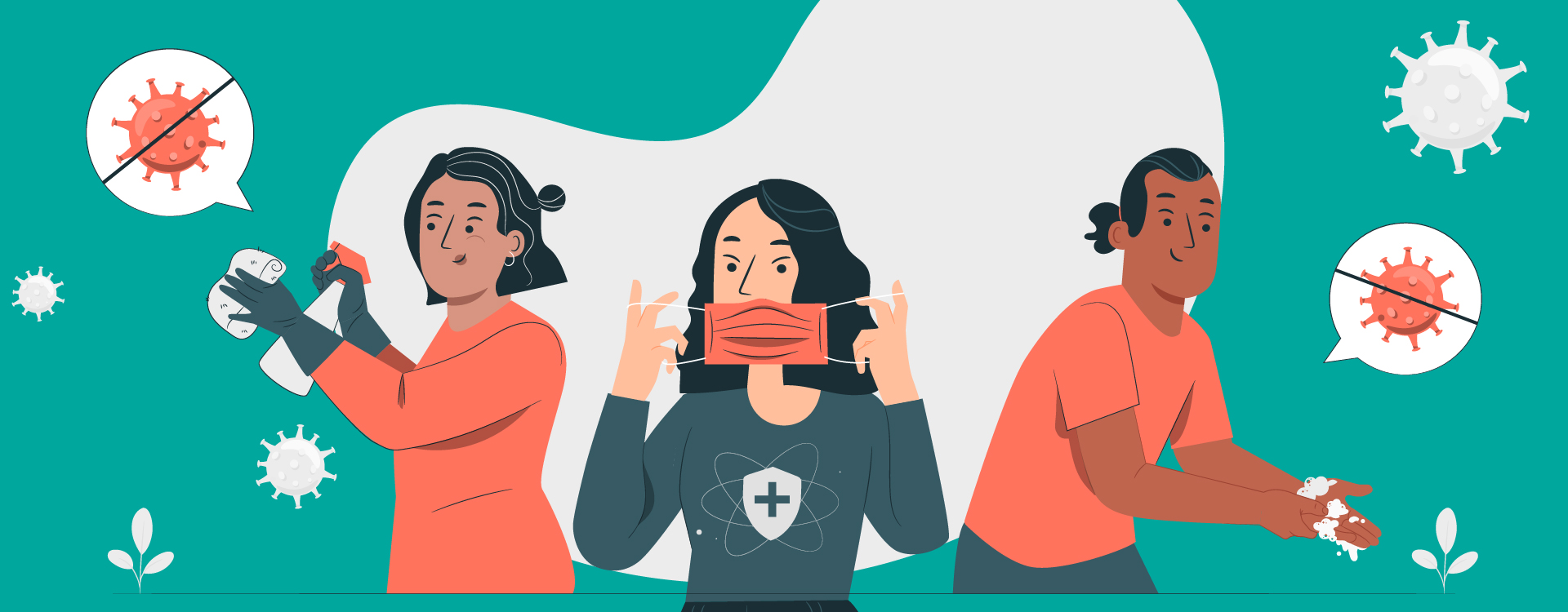Preventive healthcare, or preventive medical care, includes measures to prevent exposure to diseases from everyday lifestyle activities. Illness and disability are influenced by numerous environmental factors, genetic predispositions, pathogens, and lifestyle choices. Dynamic processes occur in the human body that end up causing diseases before people even know that they hit them. Preventive healthcare is a medical route to avoid just that.
RedSeer Consulting is a research and consulting firm that specialises in healthcare research and industry analysis for clients. Its report on the healthcare market outlined the increasing needs in the preventive healthcare industry.
Primarily, the preventive healthcare industry is divided into the following parameters:
Healthy daily-use components,
Physical fitness,
Health condition and observation,
Rejuvenation, and
Wellbeing insurance.
A healthy individual’s record includes healthy and organic substances, nutraceuticals (food with added nutritional values) and organic beauty treatments in their routine life. It is this increasing dependence on healthy staples, which is leading to industry growth. But healthy food, a relatively new segment, is still catching up among the public.
Increasing disease affinity – a factor in Preventive Healthcare growth
As diseases arising out of weight gain, type-2 diabetes, heart complication and malnutrition are increasingly making people sick, people are moving towards healthier and preventative measures. Urban Indians are the ones currently using preventive healthcare, mostly in the affluent parts of the country. RedSeer’s report shows that consumers are very aware and interested in leading a healthy lifestyle in urban, posh and upper economic zones. A full reflection of this was witnessed in the online search trend provided by the Google report, in which India ranked 5th in the world for most searches about fitness applications.
‘‘
Healthcare sectors, including primary care, medical monitoring devices and medical tourism, that come into play when customers seek medicine or cure do not constitute preventive healthcare.
Statistical data showing the growth of Preventive Healthcare
The preventive healthcare mega-sector has become an important pillar and will continue to proliferate, especially in recreational sports, wellness treatments and diagnostics. The industry is expected to have an 18% CAGR growth rate by 2022 in consumer spending, more than the retail sector’s growth.
India’s preventive health market is projected to become a $100 billion industry by 2022. An unprecedented rise in health awareness and lifestyle management among an almost 130 million people big Indian market will actively adopt preventive measures to ensure a healthy life.
Moreover, global resource constraints are driving the industry to explore its privileged future to meet the growing demand for food with nutritional value. The fitness segment is expected to represent the $32 billion industry by 2022 due to the growth of recreational sports, fitness and sports retail.
Healthcare is not universal in India
It is hard to accept the reality of all that glitters is not gold. While trends show the increasingly widespread adoption of preventive healthcare in rich and urban India, this urban sector accounts for a tiny portion of the country’s billion-plus population. A majority of Indians do not even have access to basic medical facilities and healthcare services like clean water, flu shots, and doctor guided vitamin intake. A large section of Indian society is vulnerable to the most basic disease’s severe consequences due to the lack of an institutionalised health system.
India is the second worst-hit country by the COVID-19 pandemic after the US. Yet, the nation has had considerably fewer deaths given the vast population and is now witnessing a massive downward trend in reducing COVID cases and their spread. This phenomenon might have happened, to expert’s shock, due to the already worse living and health conditions in a pre-COVID India, and the population might have built immunity against foreign viruses.
This shows how flawed the majority of the Indian healthcare system is and that preventive healthcare is still a very reserved option, restricted to the Indian elite.
Technology is playing a pivotal role in Preventive Healthcare. What can upcoming businesses learn?
Technology plays a crucial role as an equaliser in taking preventive healthcare to the second and third demography wave across geography and class. As healthcare is still not available to a large chunk of the population, businesses can collaborate with health agencies and the government in making healthcare accessible.
Start-ups and new businesses can help solve participation and accessibility issues for which there are no traditional preventive health practices. For example, Fitbit, which can cut costs through a combination of start-up innovation and government funding, can encourage users to take more action today to lower the cost of treating obesity in the future. As a precautionary measure, a technological disruption of traditional healthcare is expected in the future. It is often more complex, costly, and requires a high level of consumer confidence.
The government’s role will be critical in shifting the investment approach from tertiary care to primary care. The healthcare industry, which includes electronic healthcare devices, home healthcare devices and diagnostics, is teeming with leaders as new technologies emerge from time to time as new entrants migrate to this industry. And now is the right time for innovation in businesses to prevail.




